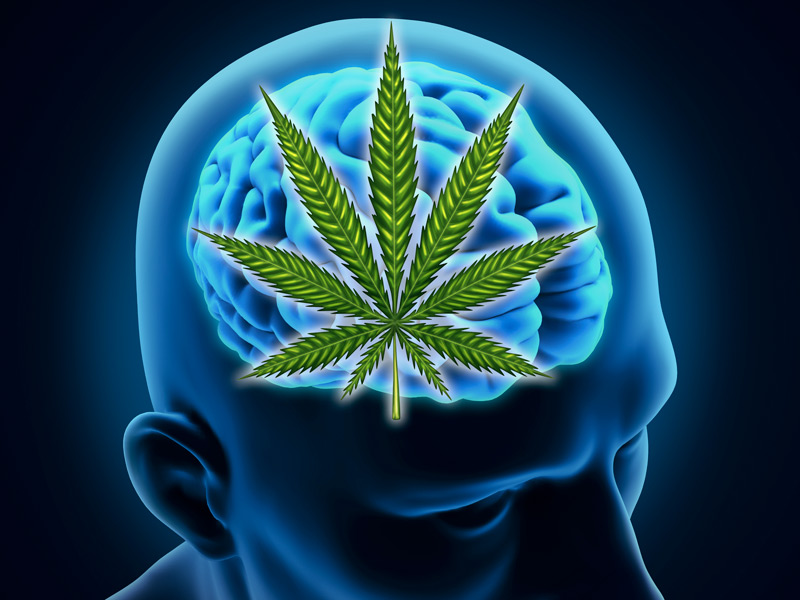Cannabis could prove promising as treatment for football-related brain trauma
Chronic traumatic encephalopathy (CTE) is a type of brain trauma that occurs commonly among professional football players. For physicians, CTR presents obstacles in determining suitable treatment options, but cannabis could be emerging as a potential treatment option for CTE.

Currently, traditional treatment options for CTE remain limited. They include memory exercises to enhance cognitive function and behavioral therapy sessions to relieve mood swings.
Concussions, which are a frequent problem for football players, is a trigger for cases of CTE.
However, it seems that many football players are turning to cannabis as a treatment for their symptoms, which include chronic pain.
Retired NFL player Kyle Turley, who said he suffers from traumatic brain injury (TBI), is now an advocate of cannabis as a preventative measure for CTE.
“If we want to save football, then we’ve got to start looking at solutions, not just count concussions. Cannabis is that potential savior,” Turley said during an interview with Freedom Leaf.
Studies and research indicate cannabis’ potential for treating CTE

Medical director of Canna-Centers Wellness & Education and medical adviser to Weedmaps, Dr. Bonni Goldstein, recently wrote an article titled “The Neuroprotective Properties of Cannabinoids.”
“If a person suffering from pain uses cannabis medicine, pain is often minimized or eliminated,” said Goldstein.
Researchers are working hard to determine whether or not cannabis can simply ease pain or do something much more, such as prevent CTE from arising after experiencing a head injury.
An Israeli study on rats and mice that had endured a head trauma discovered that endocannabinoids bolstered blood flow and circulation inside the brain. Consequently, this enhanced tissue health and reduced brain damage.
A different study on rats was published way back in the year 2000 in the Annals of the New York Academy of Sciences. The outcome was relevant to today’s latest findings since the researchers determined cannabis has neuroprotective qualities with antioxidant effects.
Company kickstarts efforts to prevent CTE
Numerous professionals in the field of medicine are in agreement in regards to what Turley says about using cannabis to treat CTE.
“CBD has an amazing amount of potential. Think about this: What if a football player could just take a pill that is non-psychoactive before the game and now have a greater level of protection against brain injury? What could be better than that?” Bill Kinney, a chemist, told Sports Illustrated in an article published July 12, 2016,
 The “pill” Kinney is referencing was developed by a company for which he assumes the role of the chief scientific officer, KannaLife Sciences. Its purpose? To prevent CTE. His company has consistently launched efforts to bring CBD-based therapeutic products to the mainstream pharmaceutical market.
The “pill” Kinney is referencing was developed by a company for which he assumes the role of the chief scientific officer, KannaLife Sciences. Its purpose? To prevent CTE. His company has consistently launched efforts to bring CBD-based therapeutic products to the mainstream pharmaceutical market.
KannaLife joins the rankings of British company GW Pharmaceuticals, which also developed a CBD-based medicine for the sole purpose of treating neurological conditions. GW’s product, Epidiolex, has gained FDA approval and is available for patients with pediatric epilepsy.
“I have a few patients who have just started this product,” she said. “Studies show it is effective for some (not all) children with the two types of epilepsies that it is approved for.”
Goldstein is hopeful that cannabis will be used as a treatment for traumatic brain injuries like CTE in the near future.
“As a clinician, I have seen many patients struggling to recover from TBI and I can attest that cannabis medicine has profound positive effects,” she said. “Patients report restorative sleep, emotional balance, and an overall sense of well-being with cannabis.








